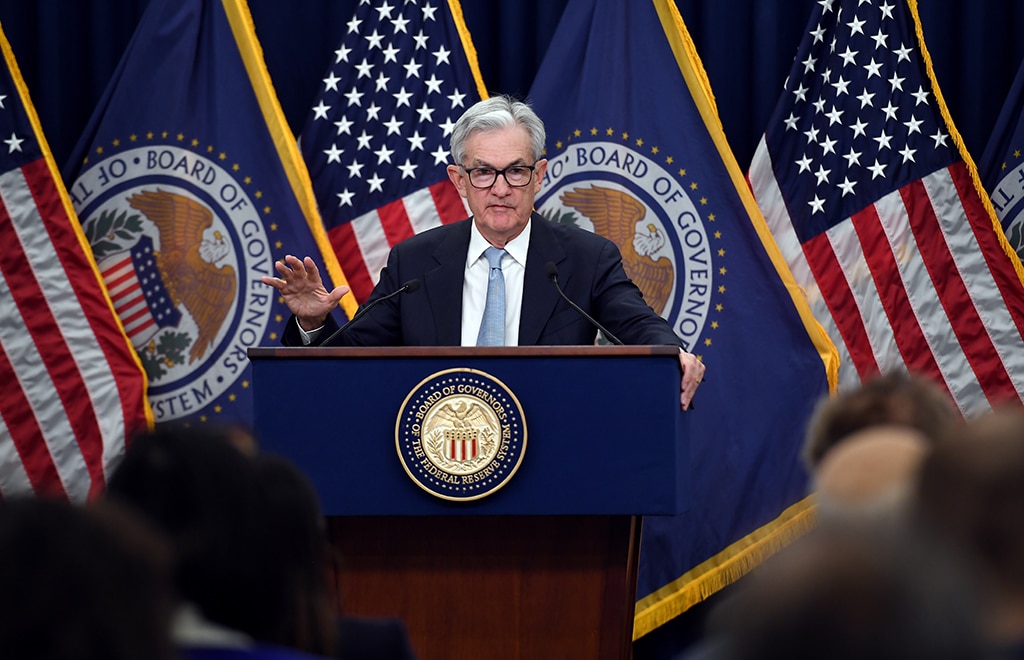WASHINGTON: The United States will likely enter a recession this year and face high inflation well into 2024, a majority of economists predicted in their response to a semiannual survey. More than two-thirds of respondents to the National Association for Business Economics (NABE) Policy Survey also see inflation remaining above four percent at the end of this year. The survey summarized the responses of 217 NABE members, and was conducted between March 2 and March 10, the organization said in a statement. The US Federal Reserve has raised rates 4.75 percentage points in a bid to tackle rising inflation, which reached its highest level in decades last year.
Price rises slowed slightly to an annual level of 6.0 percent in February, which is well above the Fed’s long-term target of two percent. Amid the gloomy economic forecast, there was also some good news, with just five percent of respondents believing the US is currently in the midst of a recession, “far fewer” than the 19 percent in its previous economic survey, the NABE president Julia Coronado said in a statement. Economists also slightly raised the chances of the Fed achieving a so-called “soft landing”—bringing down inflation while avoiding a recession—from 27 percent in August to 30 percent in March this year.
The US Federal Reserve raised its benchmark lending rate last Wednesday, as it sought to strike a balance between curbing high inflation and averting further upheaval in the commercial banking sector. The quarter-point increase, which was in line with expectations, lifts the target range to 4.75-5.00 percent at the end of a two-day policy meeting.
Wednesday’s decision underscores the Fed’s determination to tackle inflation, which remains stubbornly above policymakers’ long-term annual target of two percent. Unemployment, its other main responsibility, remains close to historic lows, adding to pressure on the central bank. The Fed also updated its economic projections on Wednesday, slightly lowering its 2023 GDP growth projections to 0.4 percent from 0.5 percent in December.
Median projections for the Fed’s benchmark rate at the end of this year were unchanged, while inflation expectations rose slightly. The combination of hot economic data at the start of the year and uncertainty in the banking sector sparked by the collapse of Silicon Valley Bank led analysts to predict the Fed would continue with a more modest hike than previously predicted. – AFP











